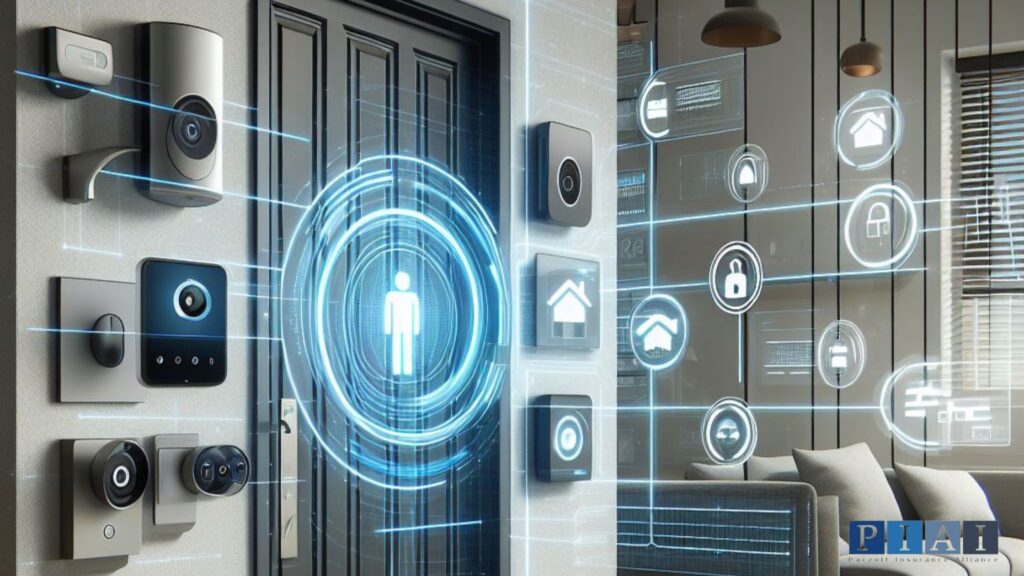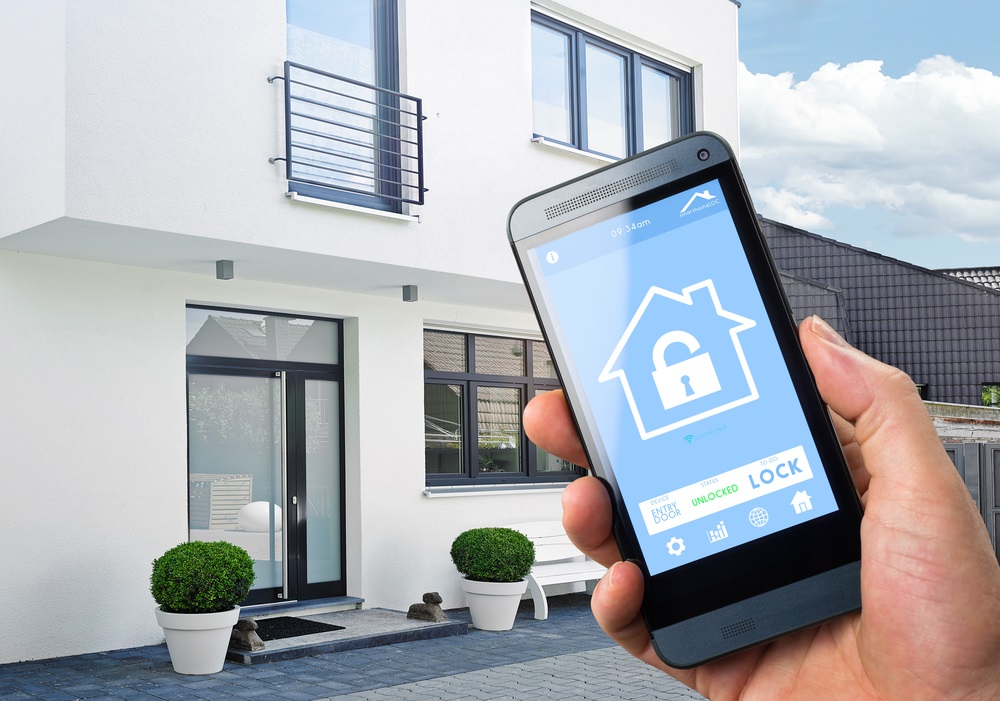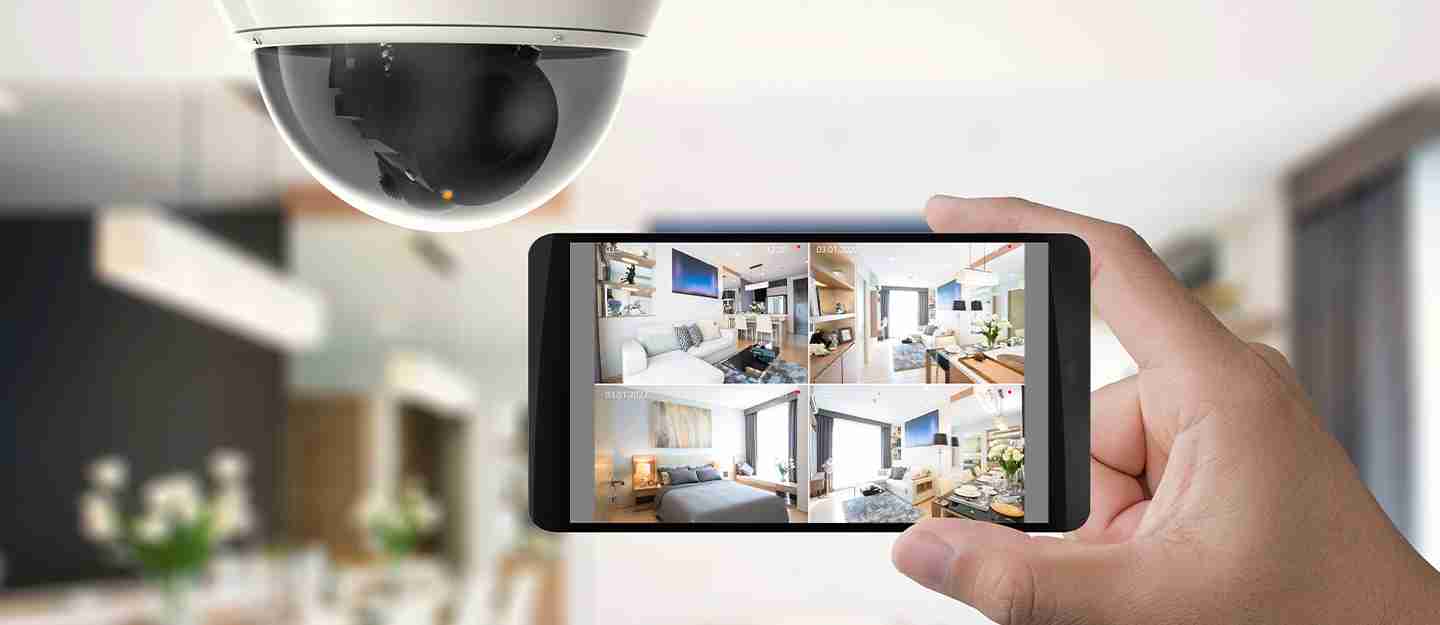In an age where safety is a top priority for many families, selecting the right home security system is crucial. A home security system not only safeguards your property but also provides peace of mind for you and your loved ones. This guide will walk you through understanding the various elements of home security and aid you in choosing the best solution for your family’s safety.
Understanding the Basics of Home Security Systems
Before diving into the specifics, it’s essential to grasp the fundamental aspects of security systems for home. These include the components, functions, and reasons why having a security system is beneficial. A well-designed security system not only protects against theft but also enhances the overall safety of your home, creating a sense of peace for you and your family.
The Importance of Home Security
The significance of home security cannot be overstated. Most people want to protect their families, valuables, and even pets. Home security systems deter potential intruders and alert homeowners of any suspicious activities before they escalate. In addition to physical protection, the psychological benefits are profound; knowing that your home is monitored can reduce anxiety and foster a greater sense of well-being.
Furthermore, having a robust security system can also provide discounts on home insurance premiums, adding long-term financial benefits to your investment. Many insurance providers recognize the reduced risk associated with homes equipped with security systems and may offer significant savings, making it a financially savvy choice as well as a protective one.
Different Types of Home Security Systems
Home security systems come in various forms, catering to different needs and preferences:
- Monitored Systems: These are run by a professional monitoring service which watches your home 24/7 and alerts authorities in case of an emergency. This option is particularly appealing for those who travel frequently or spend long hours away from home, as it ensures constant vigilance.
- Unmonitored Systems: This type relies on alarms or sirens to alert you or your neighbors, operating without any professional monitoring. While they may be less expensive, they require you to be more proactive in responding to alerts.
- Wireless Systems: Easy to install and relocate, these systems use Wi-Fi and usually require minimal wiring, making them suitable for renters. They often come with mobile app integration, allowing homeowners to monitor their property from anywhere.
- Wired Systems: These offer a stable connection and require professional installation, typically favored by homeowners wanting a permanent solution. Although installation can be more complex, wired systems are often seen as more reliable and less susceptible to interference.
In addition to these primary categories, many modern home security systems incorporate smart technology, enabling features such as remote access, real-time alerts, and integration with other smart home devices. This evolution in technology not only enhances security but also provides convenience, allowing homeowners to control their security systems via smartphones or voice-activated devices. As the landscape of home security continues to evolve, staying informed about the latest advancements can help you make the best choices for your home and family.
Factors to Consider When Choosing a Home Security System
Selecting a home security system is not a one-size-fits-all process. Various factors can influence your choice, greatly impacting your overall satisfaction with the system.
Assessing Your Home’s Security Needs
Every home has unique security needs based on its layout, location, and the presence of valuable items. Begin by analyzing the vulnerable areas around your house, such as doors, windows, and garages. Consider the crime rates in your neighborhood as well; high-crime areas may require more comprehensive security measures.
Additionally, think about the times when your home is most vulnerable, such as during vacations or while at work, and plan your security measures accordingly. For instance, if you travel frequently, you might want to invest in a system that offers remote monitoring capabilities, allowing you to keep an eye on your property from anywhere in the world. Furthermore, consider the presence of children or elderly family members in your home, as their safety might necessitate additional features like panic buttons or medical alert systems.
Evaluating Security System Features
Modern security systems come equipped with various features that can enhance your home’s safety:
- Motion Sensors: These detect movement and send alerts when someone enters a designated area.
- Cameras: Video surveillance can help you monitor your property in real-time or record footage for later review.
- Smart Home Integration: Many systems can integrate with smart home devices, allowing you to control security features from your smartphone.
- Emergency Alerts: Immediate notifications in case of a breach or fire provide timely responses to emergencies.
In addition to these features, consider systems that offer two-way audio communication, allowing you to interact with visitors or potential intruders directly through your security cameras. This feature can be particularly useful for communicating with delivery personnel or verifying the identity of someone at your door without having to open it. Moreover, some systems provide advanced analytics, such as facial recognition technology, which can help distinguish between familiar faces and strangers, adding an extra layer of security.
Considering Your Budget
Having a budget in mind is essential when selecting a security system. While it’s tempting to go for the most advanced technology, understanding the balance between your needs and what you can afford will lead to a smarter investment.

Factor in not only the upfront costs but also the installation fees, monthly monitoring fees, and potential maintenance or upgrade costs over the years. There are options available for nearly every budget, so it’s essential to find one that meets your needs without breaking the bank. Additionally, consider the potential savings on insurance premiums that may come with a professionally installed security system, as many insurance companies offer discounts for homes equipped with adequate security measures. This can help offset some of the initial costs and make your investment even more worthwhile. Click here to learn about the ultimate guide to home security system installation for every homeowner.
Installation Process of Home Security Systems
The installation of your home security system is a critical step that can affect its performance and your ease of use.
DIY vs. Professional Installation
A significant decision in the installation process is whether to undertake a DIY setup or hire professionals. DIY systems are often user-friendly, allowing you to set them up at your own pace, hence saving money on installation fees.
On the other hand, professional installation offers the advantage of expert setup, ensuring that all devices are installed correctly and function as intended. Depending on your comfort level with technology, weigh the pros and cons of both options carefully. For instance, if you choose the DIY route, you may find yourself spending time researching the best placement for cameras or sensors to maximize coverage. This hands-on approach can be rewarding, but it also requires a certain level of technical know-how and patience. Conversely, with a professional installation, you can benefit from their experience in optimizing the system’s layout, potentially leading to a more effective security solution from the start.
Maintenance and Upgrades
Regular maintenance is vital to ensure your security system remains functional over time. This includes checking batteries, updating software, and replacing outdated equipment.
Moreover, consider periodic upgrades as technology evolves. New features may enhance your system’s effectiveness and provide increased security. Be proactive in maintaining your security system to prevent vulnerabilities. For example, many modern systems offer mobile app integration, allowing you to monitor your home remotely. Keeping your software updated ensures that you benefit from the latest security patches and features. Additionally, as smart home technology advances, integrating your security system with other devices, such as smart locks and lighting, can create a more cohesive and responsive security environment. This interconnectedness not only enhances convenience but also provides a layered defense against potential intrusions, making your home a safer place overall.
The Role of Smart Technology in Home Security
Smart technology has revolutionized home security, offering innovative solutions that make monitoring easier and more efficient than ever.
Benefits of Smart Security Systems
Smart security systems come with a plethora of benefits:
- Remote Access: Monitor and control your home security from anywhere using your smartphone or tablet.
- Instant Alerts: Receive real-time notifications about security breaches or unusual activity.
- Automation: Set custom schedules for lights, locks, and alarms to enhance security even when you’re not home.
Privacy Concerns with Smart Security Systems
While the perks of smart systems are substantial, so are the privacy concerns. The collection of data by these devices poses risks if not managed properly.
It’s essential to research how your chosen system manages data sharing and security. Opt for systems that emphasize user privacy and offer robust encryption and data protection measures.

Making the Final Decision: Selecting the Right Security System
After careful research and consideration, it’s time to make a final decision regarding your home security system.
Reviewing Your Options
Create a shortlist of systems based on the factors discussed above. Compare their key features, costs, and customer reviews. Look for reputable companies that offer comprehensive services and visible support options.
Making a Purchase with Confidence
Finally, when you feel satisfied with your findings, proceed to purchase with confidence. Ensure that you understand the terms of service and warranty offered by the provider. With the right preparation and knowledge, you can choose a security system that suits your family’s needs, providing safety and peace of mind for years to come.

